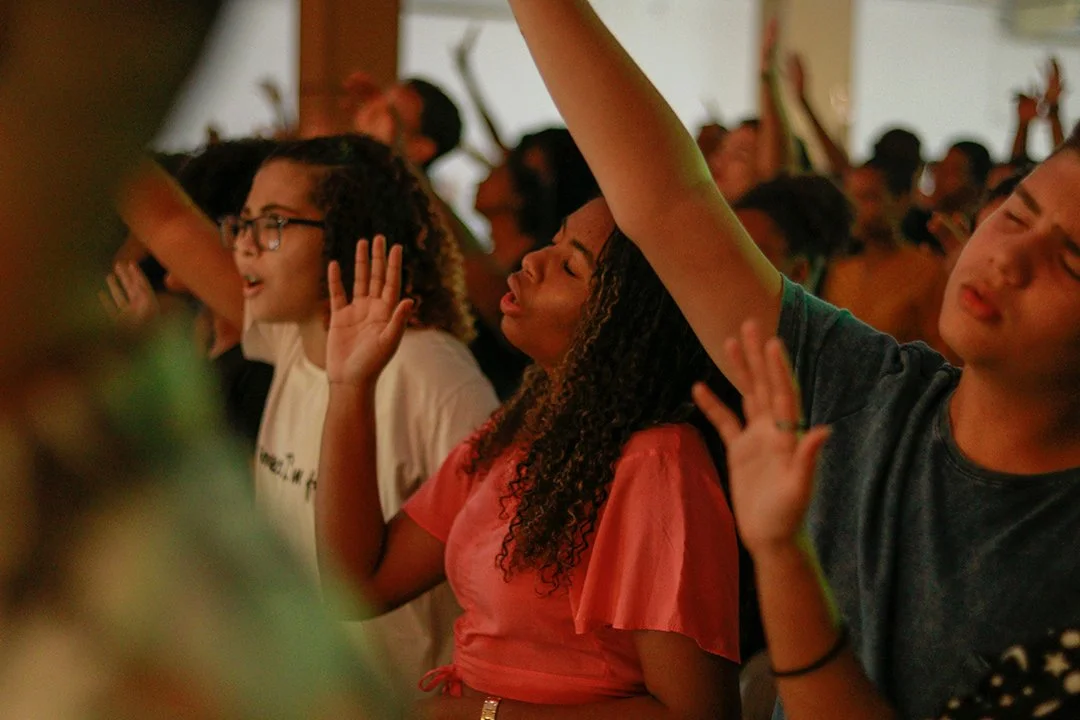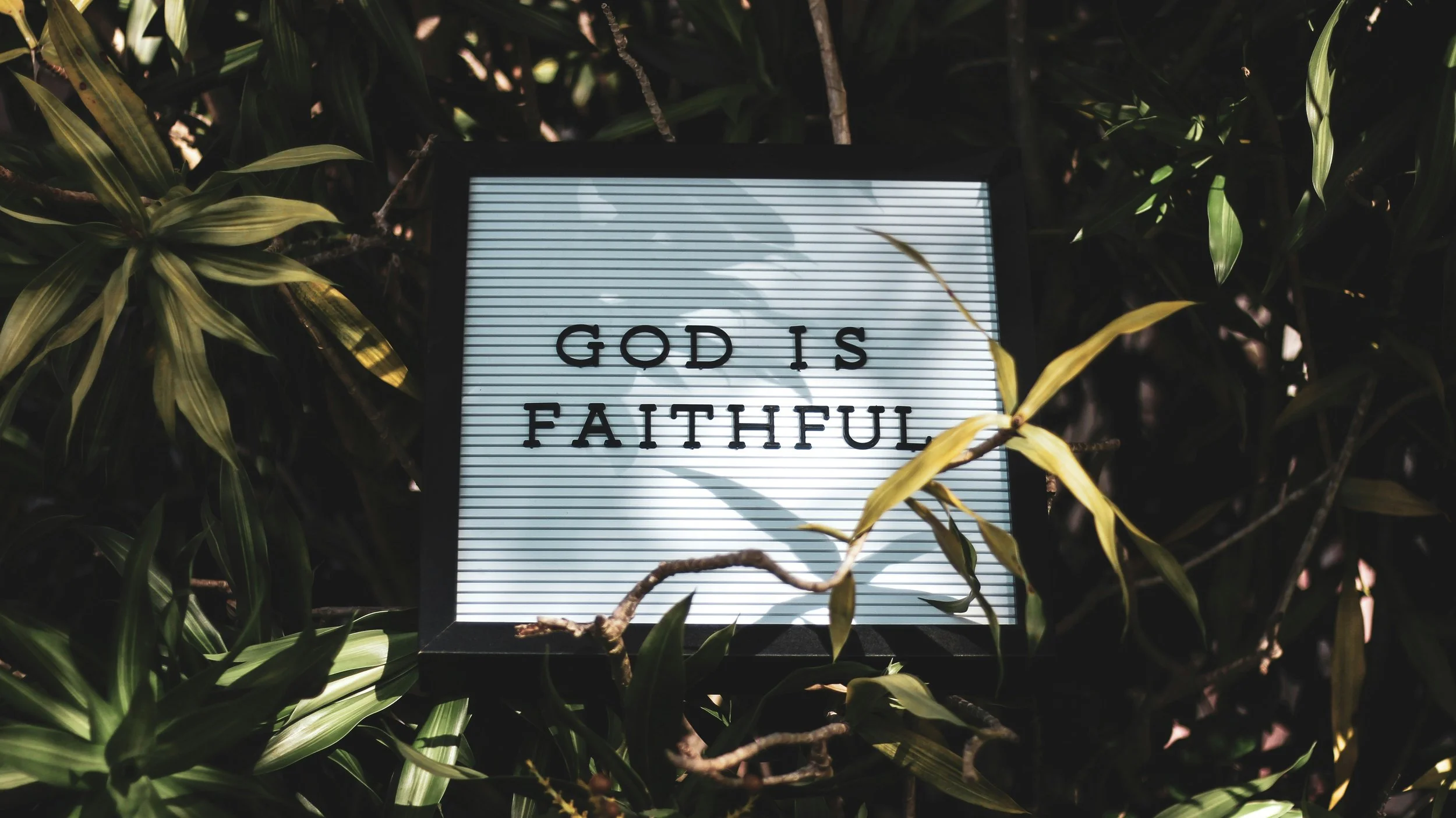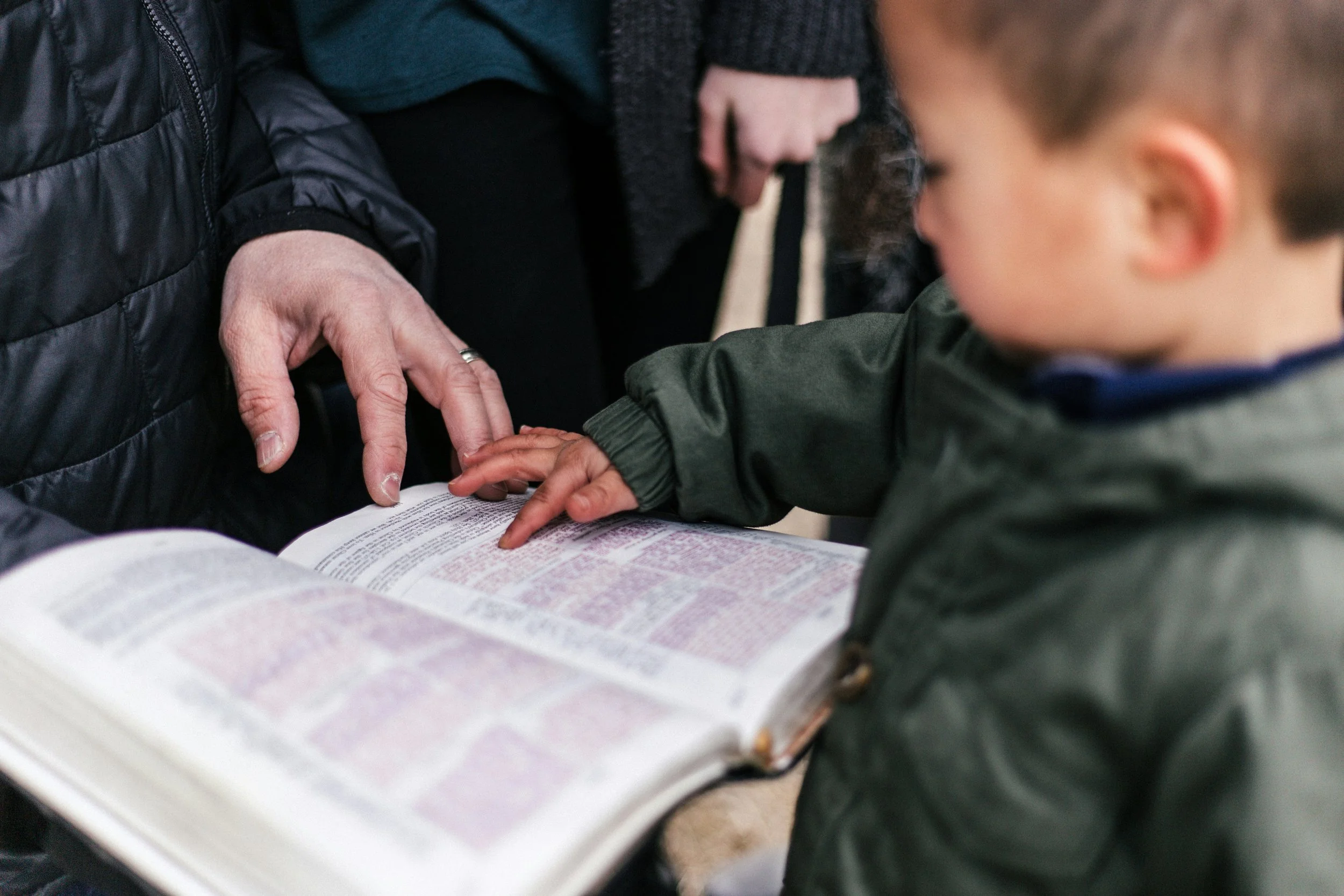The Aftermath of Deception
Esau’s anger burned after Jacob received the blessing he believed was his. He held a grudge and planned to kill Jacob once their father, Isaac, died. Esau’s words reveal the depth of his pain and the seriousness of the family’s brokenness. Rebekah learned of Esau’s plan and acted quickly. She called Jacob and urged him to flee to…
The Sorrow of Lost Blessing
Isaac faced Esau with sorrow and finality. He told Esau that he had made Jacob lord over him and given all his relatives to him as servants. Isaac had also sustained Jacob with grain and new wine. Isaac could not undo what he had spoken. The blessing carried legal and spiritual authority. Once given, it shaped the future. Isaac’s words revealed…
The Irrevocable Blessing, Jacob’s Failure, and God’s Sovereignty
Isaac’s blessing, once spoken over Jacob, could not be undone. When Esau returned and learned what had happened, Isaac trembled and declared, “he has taken away your blessing.” The words Isaac spoke carried legal and spiritual weight. In the ancient world, a father’s blessing was binding. It set the course for inheritance…
The Blessing and the Reversal
Isaac’s blessing of Jacob stands as a turning point in the story of God’s people. Jacob, the younger son, receives the blessing meant for Esau, the firstborn. The words Isaac speaks promise abundance from heaven and earth, authority over nations, leadership within the family, and covenantal protection. These promises echo the blessings given to Abraham…
Divine Promise and Human Deception
Jacob entered his father’s tent with a bold lie. Isaac, old and blind, asked who stood before him. Jacob replied, “I am Esau your firstborn.” He claimed to have returned so quickly with game because “the Lord your God gave me success.” Jacob’s words layered deception upon deception. He not only lied about his identity but also invoked God’s name…
The Deceptive Orchestration
Jacob hesitated when Rebekah revealed her plan. He feared Isaac would touch him and discover the truth. Jacob knew Esau’s skin was hairy, while his own was smooth. He worried about being caught and receiving a curse instead of a blessing. Jacob’s concern was focused on the risk, not whether the act was right or wrong. He did not…
Rebekah’s Risk
Rebekah listened as Isaac planned to bless Esau. She acted quickly by calling Jacob and giving him clear instructions. She told him to bring two young goats so she could prepare Isaac’s favorite meal. Her plan was for Jacob to take the food to Isaac and receive the blessing meant for Esau. Rebekah’s actions came from deep conviction. She favored…
When Eyes Grow Dim
Isaac’s strength waned. His eyes grew dim, and old age brought uncertainty. Isaac called Esau, his favored son, and spoke urgently. “Prepare me the food I love. Let me bless you before I die.” Isaac’s request created a solemn scene. The blessing wasn’t just a family tradition; it was a binding act. The father’s words shaped the…
Divine Favor and Failed Character
God’s blessing on Isaac stands in sharp contrast to Esau’s repeated failures. The story moves from conflict to peace, from human weakness to divine faithfulness, and sets the stage for Jacob to become the covenant heir. While Isaac experienced God’s favor and the respect of foreign rulers, Esau’s life moved in the opposite direction. Esau’s first major…
When Others See God's Blessing
Abimelech, king of the Philistines, arrived with his officials to meet Isaac. This was not a friendly reunion. Isaac remembered how they had driven him away and stopped up his wells. He asked them directly why they had come. Abimelech and his men admitted they saw that the Lord was with Isaac. They wanted a sworn agreement, a covenant…
Isaac at Beersheba
Isaac’s journey to Beersheba marks a turning point in his life and in the story of God’s covenant people. After years of conflict and uncertainty, Isaac arrives at Beersheba. There, God appears to him at night and speaks with clarity and assurance. God identifies Himself as the God of Abraham and renews the promises of land, descendants, and…
Isaac’s Prosperity and God’s Faithfulness in the Face of Opposition
Isaac planted crops in the land and saw an extraordinary harvest. He reaped a hundredfold in a single year. The Lord’s blessing was clear, a pattern that we saw with Abraham as well. Isaac’s wealth grew. He gained flocks, herds, and many servants. His success became obvious to everyone around him. The Philistines saw Isaac’s prosperity…
Isaac’s Fear, Deception, and God’s Steadfast Protection
Famine drove Isaac to Gerar, where he faced a test of faith. Isaac feared for his life because Rebekah was beautiful. He told the men of Gerar that Rebekah was his sister, not his wife. This lie echoed the actions of his father Abraham, who had also deceived foreign rulers to protect himself. Unlike Abraham, whose claim had some truth, Isaac’s…
From Abraham to Isaac
God’s story in Genesis 26:1-5 marks a turning point, but the narrative has not fully shifted from Abraham and Sarah to Isaac and Rebekah. Isaac now stands as the patriarch, and Rebekah as the matriarch, yet their lives remain deeply rooted in the legacy of Abraham’s faith. The Lord appears to Isaac and repeats the promises first given to…
The Struggle for the Birthright
God spoke to Rebekah before her twins were born, revealing that two nations would come from her sons and that the older would serve the younger. When Esau was born, his reddish appearance and hairy skin led to his name. Jacob followed, grasping Esau’s heel. This act gave Jacob his name, which means “heel-catcher” or “supplanter.” The detail of…
The Divine Plan Continues
Isaac’s story continues the covenant line begun with Abraham. He marries Rebekah, a woman from his own extended family, keeping the promise alive through the right lineage. For twenty years, Rebekah cannot have children. Isaac turns to God in persistent prayer, and God answers. Rebekah conceives, but her pregnancy is difficult. The twins inside…
God’s Faithfulness to Ishmael
I have a few questions that I would like to propose for each of you to consider. Ishmael is someone we haven’t spent much time talking about during our consideration of Genesis. What do you know of Ishmael? What comes to your mind when you think about him and what you have been taught? Most people associate him with the Muslim faith. With that in…
The Continuity of Hope
Abraham’s life ended at 175 years, described as a good old age, full of years, and marked by God’s favor. Isaac and Ishmael came together to bury their father in the cave of Machpelah, the only land Abraham owned in Canaan. The text says Abraham was “gathered to his people.” This phrase means more than burial. It points to a b
The Legacy of Keturah
Abraham’s later years reveal a story of blessing, wisdom, and careful planning. Abraham married Keturah, who bore six sons: Zimran, Jokshan, Medan, Midian, Ishbak, and Shuah. Among these, Midian stands out. The Midianites would later play a key role in Israel’s story. Midian was the ancestor of Jethro, Moses’s father-in-law and spiritual…
Divine Appointments and Sacred Unions
Isaac returned from Beer-lahai-roi as Rebekah arrived with Abraham’s servant. The timing revealed God’s perfect orchestration. Isaac spent time in meditation and prayer, showing a heart prepared for God’s leading. Beer-lahai-roi, the well where Hagar met the God who sees, connects Isaac’s story to God’s ongoing covenant…




















